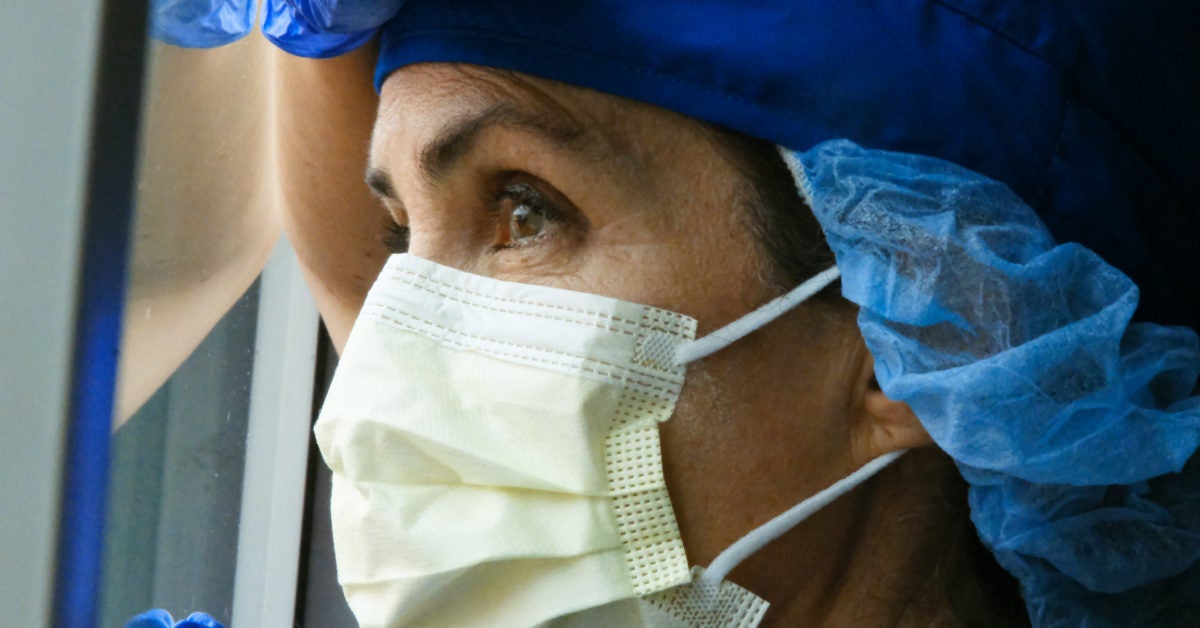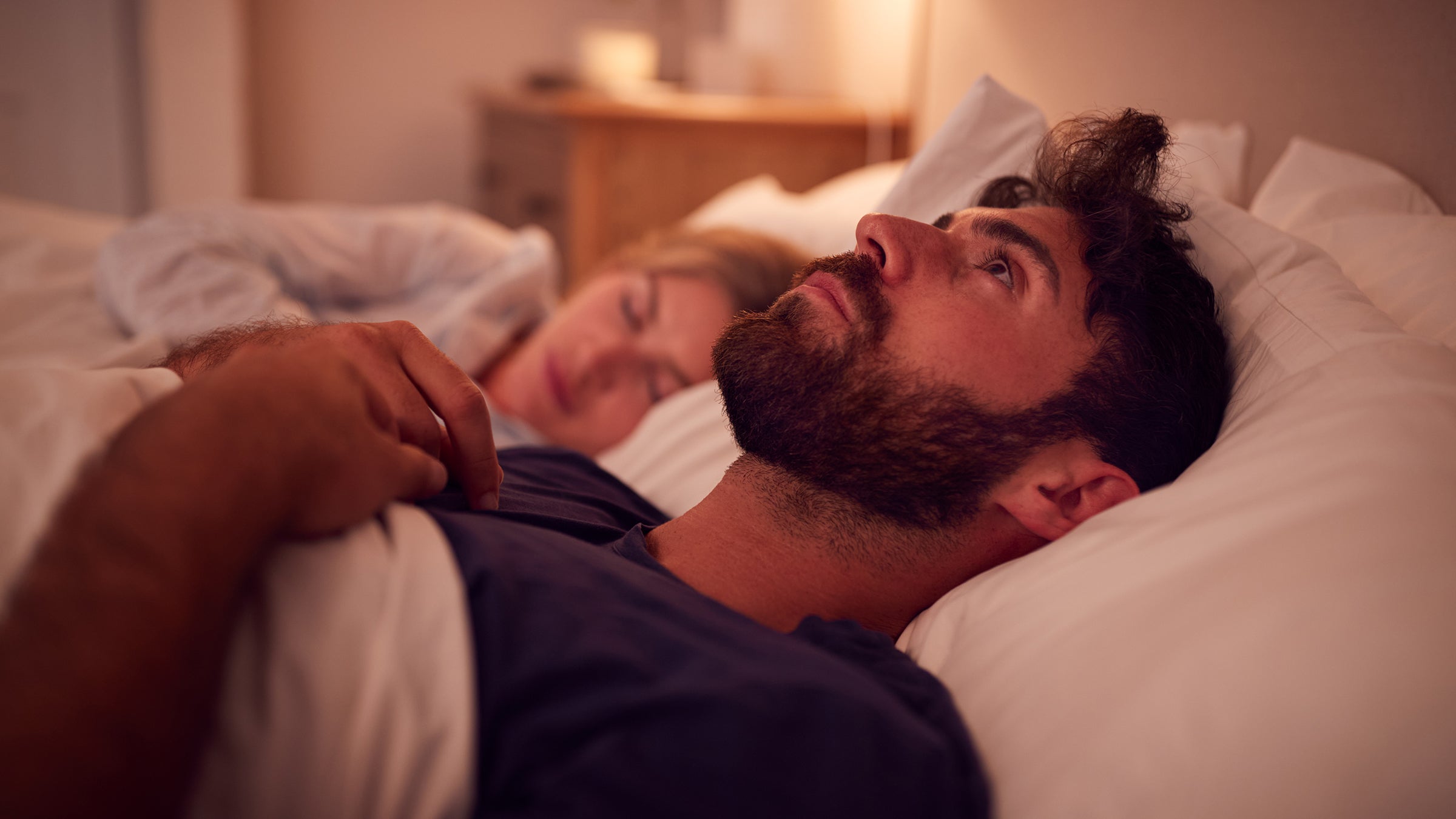

So, cognitive strategies help patients alter these thought patterns. This concentration can, in turn, make it harder to sleep. As people experience sleep difficulties, their thoughts can become excessively concentrated on sleep matters. Thinking (cognitive) strategies focus on attitudes about sleep and related matters.

The therapist works with patients to minimize the amount of time that patients spend in bed struggling to sleep and not succeeding (as sleepless time in bed can promote wakeful associations to being in bed). Behavioral strategies focus on changing the bed schedule to condition new sleep patterns. CBT-I involves changing both behavioral and thinking patterns that can interfere with sleep. Gorenstein: Cognitive-behavioral therapy for insomnia (CBT-I) is an effective psychotherapy for insomnia when the insomnia is uncomplicated by other disorders. However, short-term sleep difficulty can also cause distress and functional impairment, and can become a gateway to persistent insomnia if an individual lacks the means of reversing the pattern.Ĭolumbia Psychiatry: I understand Cognitive Behavioral Therapy (CBT) is often used to treat insomnia – what is it and how does it work?ĭr. Clinicians define an "insomnia disorder" as a sleep difficulty that occurs at least three nights per week for at least three months. Gorenstein: There is no absolute dividing line between sleep difficulty and a sleep disorder (insomnia). The consequences of insomnia can include fatigue, impaired concentration, and depressed or anxious mood.Ĭolumbia Psychiatry: How can someone determine if they have insomnia or are just experiencing a few rough nights?ĭr. Insomnia can involve difficulty in falling asleep or in maintaining sleep once it is initiated. Gorenstein: Insomnia is a “sleep disorder” characterized by insufficient sleep quantity or quality. The person just went to bed too early.ĭr. Indeed, you may find yourself lying awake for a couple of hours before falling asleep. So, if you used to sleep from 11:00 pm to 6:00 am, but you are now awakening at 8:00 am, you will find you are no longer able to sleep readily at 11:00 pm. What some people don't realize is that, as their wake-up time drifts later, the time that they can expect to fall asleep at night will also drift later. As people no longer leave for work in the morning - either because they are working from home or they have been furloughed or laid off - their wake-up times tend to drift later. One form of sleep difficulty arising in the current situation may be more a matter of perception than reality, however. When anxious, people can find they take longer to fall asleep, or awaken frequently in the middle of the night, or experience more restless sleep. When people are anxious, their nervous systems are more activated, and an activated nervous system does not readily succumb to sleep. So, as anxiety rises due to the corona virus, sleep difficulty (insomnia) also rises. Gorenstein: Anxiety is a prime contributor to sleep difficulty.

Have you seen an increase in patients with insomnia during the COVID-19 pandemic?ĭr.

We asked Ethan Gorenstein, PhD, Associate Professor of Behavioral Medicine (in Psychiatry) at Columbia University Irving Medical Center, for some practical advice for those suffering from insomna during the COVID-19 pandemic.ĬolumbiaPsychiatry: Anxiety about the coronavirus, job loss and financial insecurity must be causing sleepless nights for many lately.


 0 kommentar(er)
0 kommentar(er)
